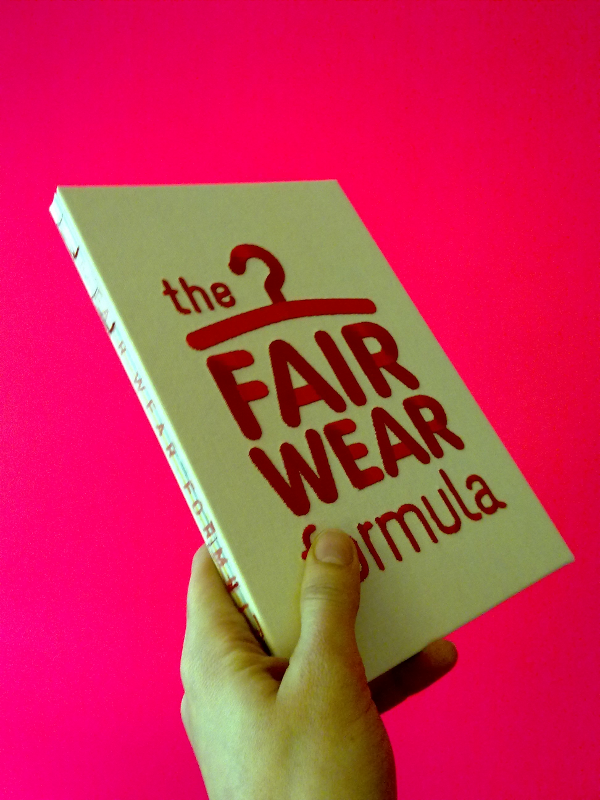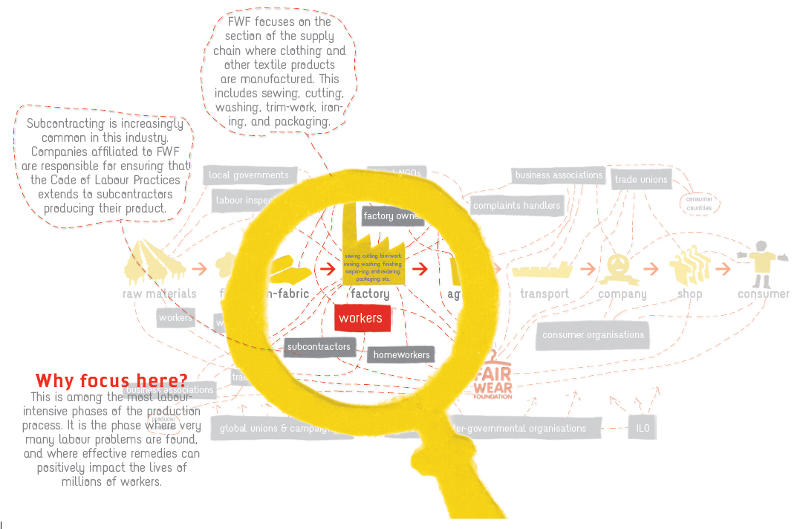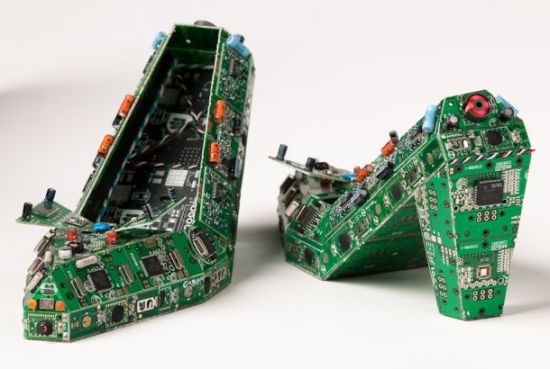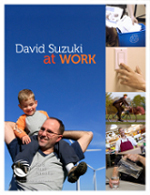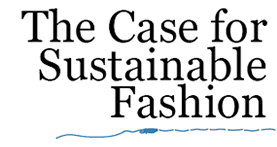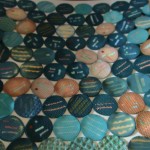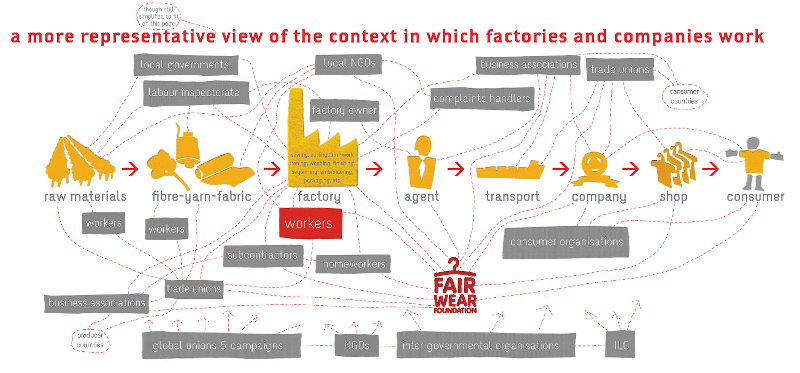
The ‘Open Space’ at the FEI conference featured celebrated authors Kate Fletcher, Sustainable Fashion and Textiles: Design Journeys, Matilda Lee, Eco-Chic: The Savvy Shoppers Guide to Ethical Fashion, and Sandy Black, Eco-Chic: The Fashion Paradox. You can find these texts and others in our reading section.
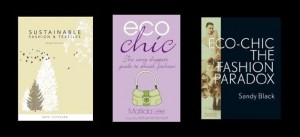
FEI set the stage for the Open Space format as an opportunity for conference participants to network, strategise, learn, share, challenge, be inspired and stimulate one another in a supportive environment. Fletcher, Lee and Black each presented their own discussion question, and participants were also given the chance to create posed further questions and create discussion groups.

Here is what they came up with:
1. How can we communicate providence to consumers?
2. International cooperation on ethical fashion
3. Raising awareness of organic cotton, and the impact on farmers
4. How do we get youth more involved?
5. How do we encourage behaviour change amongst consumers?
6. Scale-how big, how much? (Kate Fletcher)
7. How to get the media to be a driver for sustainable fashion? (Matilda Lee)
8. Design education-encouraging designers (Sandy Black)
9. How to bring ethics into fashion education internationally
Participants could move around and exchange ideas for a period of over two hours. To close the Open Space, a representative from each ‘talk’ presented key insights.
For those of you that weren’t following along on twitter, here are a few edited highlights that came out of the discussions.
- What would happen if we could control scale in fashion?
What about considering ‘Post-fashion stress disorder’?
Fast fashion, can we raise awareness, similar to smoking bans?
Can we change the discourse of fast fashion?
- How can we communicate providence to consumers??
Changing the discourse depending on who you’re speaking with:
In some circles fashion is a bad word, so talk garment and apparel and clothing etc…
- How to connect consumers to the cotton farmer?
Spread the word, tell stories and stay focused.
- Design educators encouraging designers:
Make the experience real
Connect the designer to the factory
Make it exciting w/ different design strategies: design for disassembly, for example
What are your thoughts on these issues and questions? Feel free to leave a comment below!
